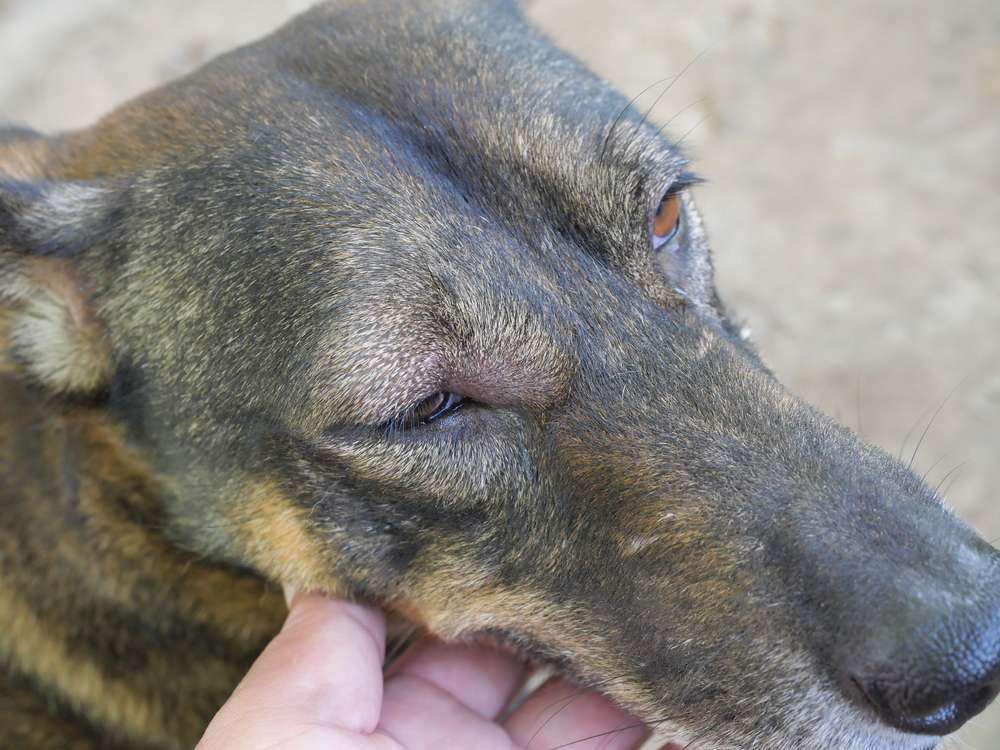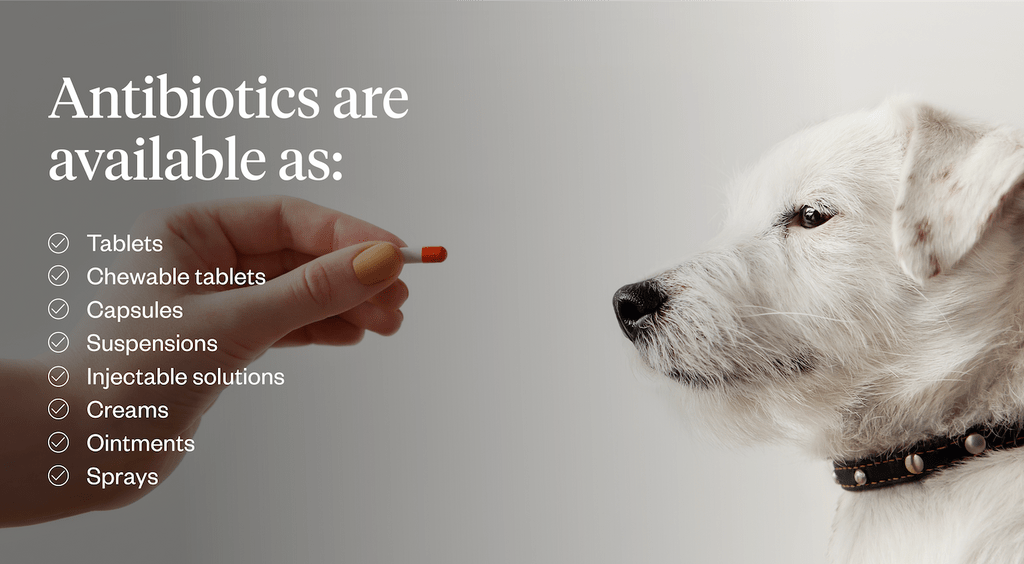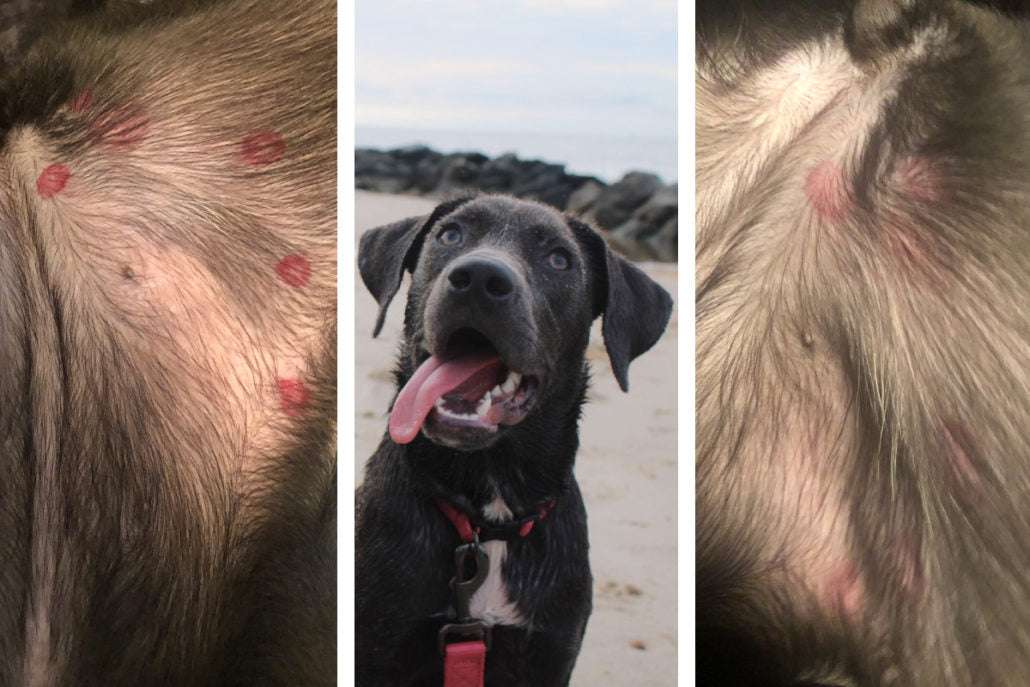Key Takeaways:
- Facial swelling in dogs can be caused by a variety of factors, including allergies, infections, dental problems, and insect bites.
- If your dog experiences sudden facial swelling, it is important to seek veterinary attention promptly as it could be a sign of a serious underlying condition.
- In some cases, facial swelling in dogs can lead to difficulty breathing or swallowing, which requires immediate medical intervention.
- Depending on the cause of the facial swelling, treatment options may include medications such as antihistamines or antibiotics, dental procedures, or surgical intervention.
- Preventing facial swelling in dogs may involve avoiding known allergens or irritants, regular dental care and cleanings, and keeping your dog protected from insects and parasites.
Are you a dog owner who wants to ensure the health and well-being of your furry friend? If so, understanding the topic of facial swelling in dogs is essential. Imagine being able to identify potential health issues early on and take immediate action to prevent further complications.
Causes of Facial Swelling in Dogs
Facial swelling in dogs can be caused by various factors, including allergies, insect bites, and underlying health conditions. Allergies occur when a dog's immune system overreacts to certain substances, such as pollen or certain foods. This can lead to inflammation and swelling in the face. Insect bites, such as from bees or spiders, can also cause facial swelling due to an allergic reaction.
In addition to allergies and insect bites, there are several health conditions that can result in facial swelling in dogs. These include dental infections, abscesses, salivary gland problems, and even tumors. It is important to identify the underlying cause of the facial swelling in order to provide appropriate treatment and relief for your furry friend.
Recognizing Facial Swelling in Dogs
As a pet owner, it is important to be able to recognize facial swelling in your dog. One common sign is a visibly swollen face or muzzle. You may notice that your dog's face appears puffy or enlarged compared to its normal size. Other signs of facial swelling may include redness, warmth to the touch, pain or discomfort when touched, and difficulty eating or drinking.
If you notice any of these symptoms in your dog's face, it is important to monitor them closely and seek veterinary attention if necessary. Facial swelling can sometimes be a sign of a more serious underlying condition that requires medical intervention.
Home Remedies and Treatments for Reducing Facial Swelling in Dogs
If your dog experiences mild facial swelling due to allergies or insect bites, there are some home remedies you can try to help reduce the swelling:
Cool Compress:
- Dampen a clean cloth with cool water.
- Gently apply the cloth to your dog's swollen face for a few minutes at a time.
- Repeat several times a day to help reduce inflammation and provide relief.
Antihistamines:
- Consult with your veterinarian before giving any over-the-counter antihistamines to your dog.
- If approved, follow the recommended dosage for your dog's size and weight.
- Antihistamines can help alleviate allergic reactions and reduce facial swelling in some cases.
It is important to note that these home remedies may not be suitable or effective for all cases of facial swelling. If your dog's condition worsens or does not improve within a day or two, it is best to consult with a veterinarian for further evaluation and treatment options.
When to Seek Veterinary Help for Your Dog's Facial Swelling
While mild cases of facial swelling in dogs can sometimes be managed at home, there are certain situations where it is crucial to seek veterinary help:
Rapid Onset:
If your dog's facial swelling appears suddenly and rapidly worsens, it could indicate a severe allergic reaction or an underlying health emergency. Immediate veterinary attention is necessary in such cases.
Breathing Difficulties:
If your dog shows signs of difficulty breathing, such as rapid breathing, wheezing, or gasping for air, this could be a life-threatening situation. Do not delay seeking veterinary assistance.
Persistent Swelling:
If your dog's facial swelling persists for more than a day or two despite home remedies or if the swelling spreads to other parts of the body, it is important to consult a veterinarian. This could be a sign of a more serious underlying condition that requires medical intervention.
Remember, as a pet owner, you know your dog best. Trust your instincts and seek veterinary help if you are concerned about your dog's facial swelling or overall well-being.
Allergies and Insect Bites as Causes of Facial Swelling in Dogs
Allergies and insect bites are common causes of facial swelling in dogs. Just like humans, dogs can develop allergies to certain substances, such as pollen, dust mites, certain foods, or even medications. When a dog's immune system overreacts to these allergens, it can lead to inflammation and swelling in various parts of the body, including the face.
Insect bites can also trigger an allergic reaction in dogs, resulting in facial swelling. Bees, wasps, spiders, and ticks are some common culprits that can cause localized swelling around the bite area. Some dogs may have more severe reactions than others due to their individual sensitivity or previous exposure.
If you suspect that your dog's facial swelling is due to allergies or an insect bite, it is important to monitor their condition closely. In mild cases where the swelling is minimal and there are no other concerning symptoms, home remedies such as cool compresses and antihistamines (under veterinary guidance) may help provide relief. However, if the swelling worsens or your dog shows signs of distress or difficulty breathing, immediate veterinary attention should be sought.
Common Health Conditions Leading to Facial Swelling in Dogs
Facial swelling in dogs can also be caused by various underlying health conditions. Some common examples include:
Dental Infections:
Infections in the teeth or gums can result in facial swelling, particularly around the affected area. Dogs with dental infections may also experience pain, bad breath, and difficulty eating.
Abscesses:
An abscess is a localized collection of pus caused by an infection. When an abscess develops in or around the face, it can lead to swelling, redness, and discomfort for the dog. Abscesses often require veterinary treatment, which may involve draining the pus and administering antibiotics.
Salivary Gland Problems:
Issues with the salivary glands can cause facial swelling in dogs. Salivary gland stones or infections can obstruct the flow of saliva and lead to inflammation. This condition may require medical intervention to address the underlying problem.
Tumors:
In some cases, facial swelling in dogs may be caused by tumors or abnormal growths in the face or head region. These tumors can vary in severity and require veterinary evaluation to determine appropriate treatment options.
If your dog experiences facial swelling that is persistent, severe, or accompanied by other concerning symptoms, it is important to consult with a veterinarian for proper diagnosis and treatment. Identifying and addressing the underlying health condition is essential for your dog's well-being.
In conclusion, facial swelling in dogs can be caused by various factors such as allergies, infections, or dental problems. It is important for dog owners to seek veterinary care if their pet experiences facial swelling to determine the underlying cause and provide appropriate treatment.
Is facial swelling in dogs an emergency?
Mild reactions that cause facial swelling usually get better without much intervention, but severe reactions require urgent veterinary care.
What can I give my dog for facial swelling?
If the swelling that you inform the veterinarian about is not severe, they might suggest an over-the-counter antihistamine that you can give to your dog to decrease the swelling. However, it is important to never give your dog any medications, including over-the-counter ones, without consulting a veterinarian.
Why does my dog have bumps all over and swollen face?
Urticaria often occurs as a result of an allergic response. Swollen welts can manifest on various parts of the body, such as the face, lips, tongue, throat, and ears. The size of these individual welts can range from approximately 5 mm to several cm in diameter, and if there is a high number of welts, they may merge together.
Can I give my dog Benadryl for swelling?
When given in the correct dosage, Benadryl (diphenhydramine) is a safe antihistamine for dogs. It can provide relief from allergy symptoms like itching, swelling, and sneezing.
Does Benadryl reduce swelling in face?
Antihistamines have the ability to decrease the inflammation and itching of rashes and hives on the face. Additionally, they can provide relief for symptoms like watery eyes, nasal congestion, and difficulty breathing.
When should I worry about my dogs swollen face?
If your dog experiences a severe allergic reaction, their throat may become swollen, which can obstruct their airway. If you notice swelling in your dog's face, difficulty breathing, discoloration of their gums, or if they lose consciousness, it is critical to take them to a veterinarian right away.

















